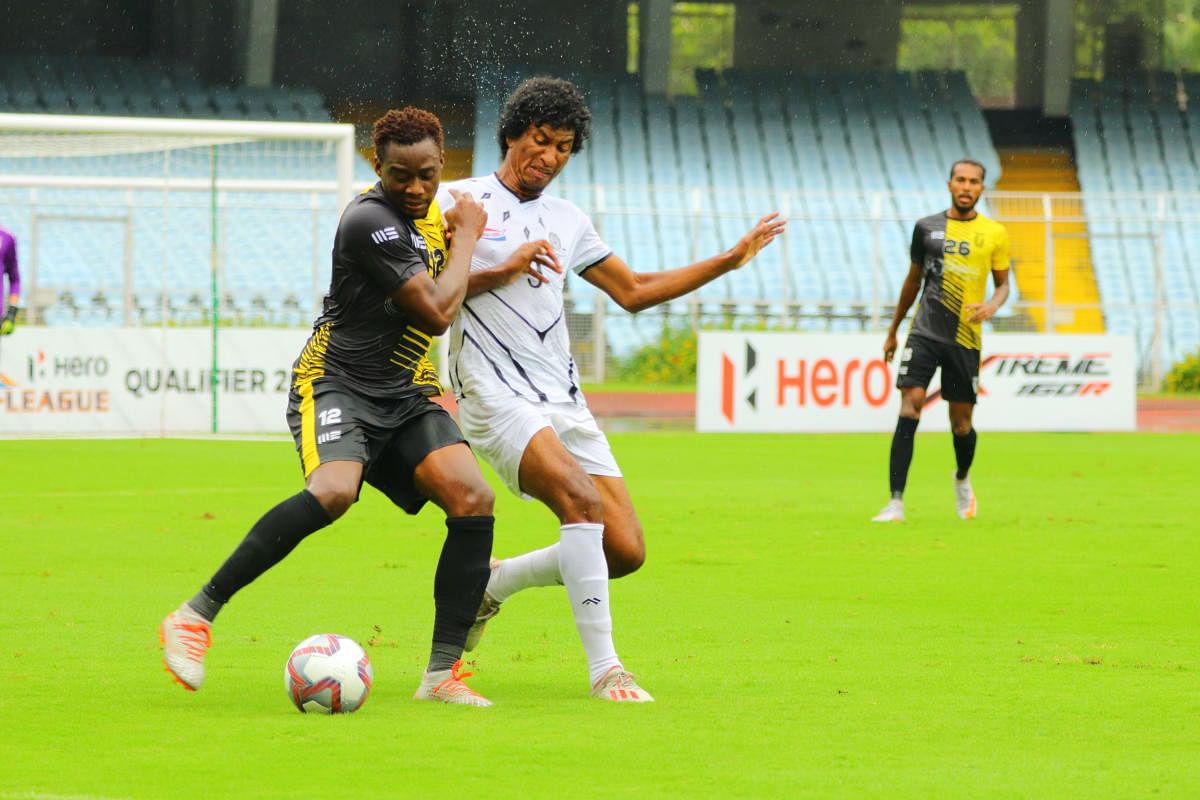
After a prolonged break from action, football resumed in the country with the I-League qualifiers which concluded on Monday with Mohammedan Sporting securing a promotion.
Having taken up the challenge of being the first sporting event to be held in the country by a recognised body with a live telecast to boast, All India Football Federation pulled off the task with great success. It was a sort of dress rehearsal for bigger tournaments like the I-League and the Indian Super League and the AIFF now know the chinks that need to be ironed out, believes Sunando Dhar, CEO of I-League.
"We didn't have an event to look at. We did a couple of workshops with AFC (Asian Football Confederation). One with the leagues which had started in Asia and the SOPs they had in place. And (SOP) for the Champions League organised for the West Zone in Doha which had multiple hotels and stadiums, similar to what we were planning for. We then had to adapt that to Indian conditions," Dar told DH.
There were challenges of course. There was apprehension about how the players and officials would react to being in a bio bubble; about being confined to their rooms for days on end with staggered meal times and only being allowed out for training or the matches.
"There were lots of restrictions that no team would be happy with but in terms of safety it was done well," Vikram Somanna, team manager of FC Bengaluru United said.
"It was very tough because you didn't get enough practice. You feel very bad at times but then it's to keep us safe," Shankarlal Chakraborty, Bhawanipore FC coach, said.
The sanitisation process proved extensive with stadiums, training pitches, substitution benches, goalpost, buses and more. There were over 1200 RT-PCR tests done over the course of the tournament including players, officials, hotel staff, bus drivers and people in the stadium.
"Among players and officials, there were five positive cases. Out of those, three were re-tested and allowed to join the bubble after they tested negative. There were a few other positives like the drivers and hotel staff," Dhar confirmed.
"There were a couple of breaches (of the bio bubble) from players and both were segregated from the group. They left the bubble and didn't come back."
Now the task ahead is even bigger with the I-League having more teams and matches. The format of the league has been tinkered with and there are less matches but it's still extensive with four hotels, minimum of five practice grounds and 3-4 stadiums.
"The challenge would be to maintain the same level of safety, the bubble and continuing with the tests we did for 25 days for over 100 days," Dhar remarked.
But the learnings from the I-League qualifiers will be key.
"We gave suggestion (to AIFF)," said Somanna. "Like option of retesting for Covid-19 even if it's at the club's cost. Have tie ups with hospitals or clinics where injuries related to the game can be treated without breaching the bubble."
And other sports are taking note as well.
"On Monday, CAB (Cricket Association of Bengal) officials spoke to us to understand the SOPs and what we had done. They are planning to organise club level championships," Dhar remarked.